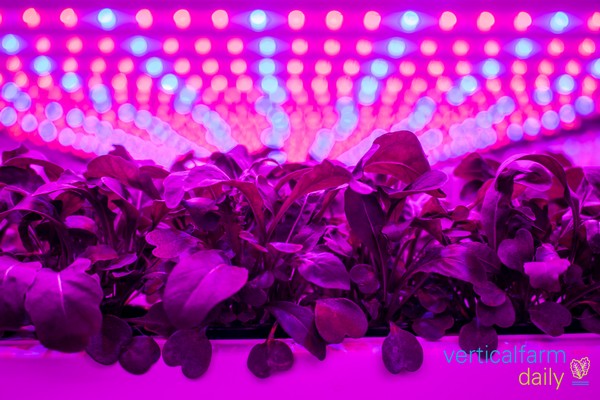#Agriculture #GreenhouseFarming #SustainablePractices #AgriculturalInnovation #MexicanAgriculture #ControlledEnvironmentAgriculture #PrecisionAgriculture #AgriculturalTrends #AgriculturalConsolidation #Eco-friendlyFarming
Mexico’s greenhouse vegetable industry has undergone significant growth in recent decades, driven by favorable climate, government support, and competitive advantages. However, the industry is now facing challenges such as increased competition, rising costs, and deeper integration with the US market. This article explores the evolving landscape of Mexico’s greenhouse vegetable sector, analyzing the trends, challenges, and innovations shaping its future.
Mexico’s agricultural sector has long been a powerhouse in the production of vine vegetables within controlled environments, notably tomatoes, cucumbers, and bell peppers. The country’s natural advantages, including conducive climatic conditions and an abundant labor force, have historically propelled its agricultural success.
Current Trends and Statistics:
Recent data from reputable agricultural sources in Mexico (insert link) reveal a significant surge in the production and export of greenhouse vegetables. The industry has thrived due to strategic government initiatives, price incentives for field production, and cost-effective labor. However, as of (latest data), the landscape is transforming.
Challenges and Transformations:
Several factors are reshaping Mexico’s greenhouse vegetable industry. Escalating competition, augmented labor expenses, a stronger Mexican peso, and closer ties with the US market are driving forces. Additionally, foreign direct investment and collaborative partnerships are reshaping the sector’s dynamics, encouraging consolidation and innovation.
Innovation and Sustainable Practices:
To thrive in this changing environment, industry players are increasingly turning to innovation and sustainable practices. Cutting-edge technologies, including precision agriculture, IoT applications, and advanced crop management systems, are being deployed to optimize yields and reduce environmental impact. Moreover, a focus on eco-friendly packaging and organic cultivation methods aligns with the global shift toward sustainable agriculture.
The future of Mexico’s greenhouse vegetable industry is intricately linked with its ability to adapt and innovate. As larger operations take the lead, smaller businesses are finding niches in specialized, high-value produce. Collaboration between traditional farming wisdom and modern technology is fostering a resilient agricultural landscape. By embracing sustainable practices, investing in research, and fostering international partnerships, Mexico’s greenhouse vegetable industry is poised for continued growth and global prominence.












